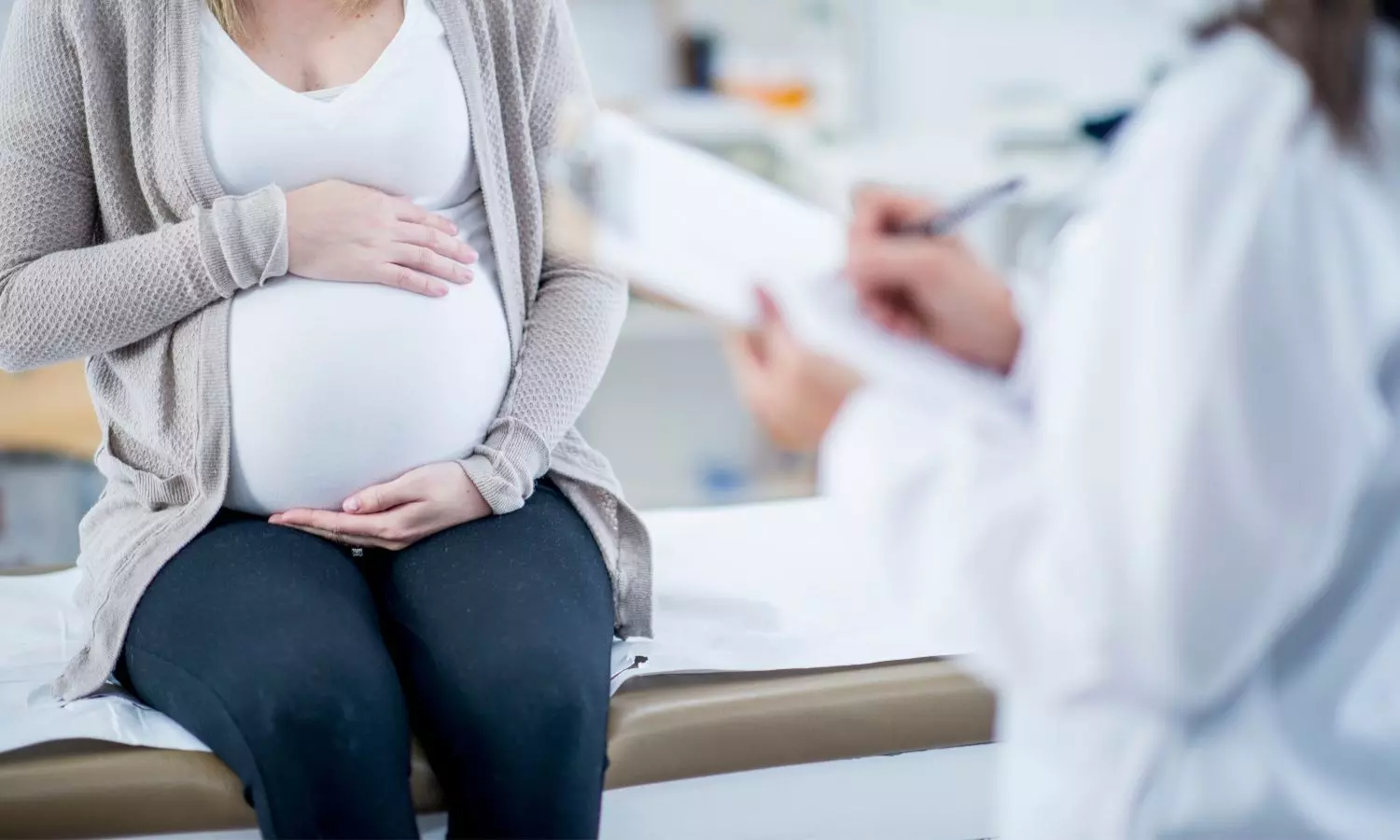- Home
- Medical news & Guidelines
- Anesthesiology
- Cardiology and CTVS
- Critical Care
- Dentistry
- Dermatology
- Diabetes and Endocrinology
- ENT
- Gastroenterology
- Medicine
- Nephrology
- Neurology
- Obstretics-Gynaecology
- Oncology
- Ophthalmology
- Orthopaedics
- Pediatrics-Neonatology
- Psychiatry
- Pulmonology
- Radiology
- Surgery
- Urology
- Laboratory Medicine
- Diet
- Nursing
- Paramedical
- Physiotherapy
- Health news
- Fact Check
- Bone Health Fact Check
- Brain Health Fact Check
- Cancer Related Fact Check
- Child Care Fact Check
- Dental and oral health fact check
- Diabetes and metabolic health fact check
- Diet and Nutrition Fact Check
- Eye and ENT Care Fact Check
- Fitness fact check
- Gut health fact check
- Heart health fact check
- Kidney health fact check
- Medical education fact check
- Men's health fact check
- Respiratory fact check
- Skin and hair care fact check
- Vaccine and Immunization fact check
- Women's health fact check
- AYUSH
- State News
- Andaman and Nicobar Islands
- Andhra Pradesh
- Arunachal Pradesh
- Assam
- Bihar
- Chandigarh
- Chattisgarh
- Dadra and Nagar Haveli
- Daman and Diu
- Delhi
- Goa
- Gujarat
- Haryana
- Himachal Pradesh
- Jammu & Kashmir
- Jharkhand
- Karnataka
- Kerala
- Ladakh
- Lakshadweep
- Madhya Pradesh
- Maharashtra
- Manipur
- Meghalaya
- Mizoram
- Nagaland
- Odisha
- Puducherry
- Punjab
- Rajasthan
- Sikkim
- Tamil Nadu
- Telangana
- Tripura
- Uttar Pradesh
- Uttrakhand
- West Bengal
- Medical Education
- Industry
LMWH fails to improve pregnancy outcomes in patients with recurrent pregnancy loss and inherited thrombophilia

Low molecular weight heparin has no advantage as it has not increased live birth rates in women who had two or more pregnancy losses and confirmed inherited thrombophilia. The study was published in the journal The Lancet.
Recurrent miscarriages are one of the most common clinical problems in reproduction with no particular etiology. In women who have recurrent miscarriages and hereditary thrombophilia, anticoagulant medication may lessen the frequency of miscarriages and unfavorable pregnancy outcomes. Hence researchers conducted an international open-label, randomized controlled trial called the ALIEF trial to compare the use of low-molecular-weight heparin (LMWH) to standard treatment.
The ALIFE2 trial was undertaken in hospitals in the UK (n=26), the Netherlands (n=10), the USA (n=2), Belgium (n=1), and Slovenia (n=1). Eligible women aged 18–42 years who had two or more pregnancy losses and confirmed inherited thrombophilia, and trying to conceive or were already pregnant (≤7 weeks gestation), were included in the trial. Women with positive pregnancy tests were randomly assigned (1:1) to use low-dose LMWH or not along with standard care in both groups. LMWH was administered at or before 7 weeks gestation and continued throughout the end of pregnancy. The primary outcome measure was assessing the livebirth rate in all women with available data. All randomly assigned women were assessed for their safety outcomes which included bleeding episodes, thrombocytopenia, and skin reactions.
Key findings:
- Out of 10,625 women assessed for eligibility, 428 were registered, and 326 conceived and were randomly assigned.
- There were 164 women randomized to LMWH and 162 to standard care.
- About 116 (72%) of 162 women with primary outcome data in the LMWH group and 112 (71%) of 158 in the standard care group had live births.
- About 39 (24%) of 164 women in the LMWH group and 37 (23%) of 162 women in the standard care group reported adverse events.
Thus, Women who had experienced two or more miscarriages and had hereditary thrombophilia did not have higher livebirth rates when using LMWH. Researchers also did not recommend LMWH usage in women who have experienced repeated miscarriages and hereditary thrombophilia.
Further reading: Heparin for women with recurrent miscarriage and inherited thrombophilia (ALIFE2): an international open-label, randomized controlled trial.https://doi.org/10.1016/S0140-6736(23)00693-1
BDS, MDS
Dr.Niharika Harsha B (BDS,MDS) completed her BDS from Govt Dental College, Hyderabad and MDS from Dr.NTR University of health sciences(Now Kaloji Rao University). She has 4 years of private dental practice and worked for 2 years as Consultant Oral Radiologist at a Dental Imaging Centre in Hyderabad. She worked as Research Assistant and scientific writer in the development of Oral Anti cancer screening device with her seniors. She has a deep intriguing wish in writing highly engaging, captivating and informative medical content for a wider audience. She can be contacted at editorial@medicaldialogues.in.
Dr Kamal Kant Kohli-MBBS, DTCD- a chest specialist with more than 30 years of practice and a flair for writing clinical articles, Dr Kamal Kant Kohli joined Medical Dialogues as a Chief Editor of Medical News. Besides writing articles, as an editor, he proofreads and verifies all the medical content published on Medical Dialogues including those coming from journals, studies,medical conferences,guidelines etc. Email: drkohli@medicaldialogues.in. Contact no. 011-43720751



